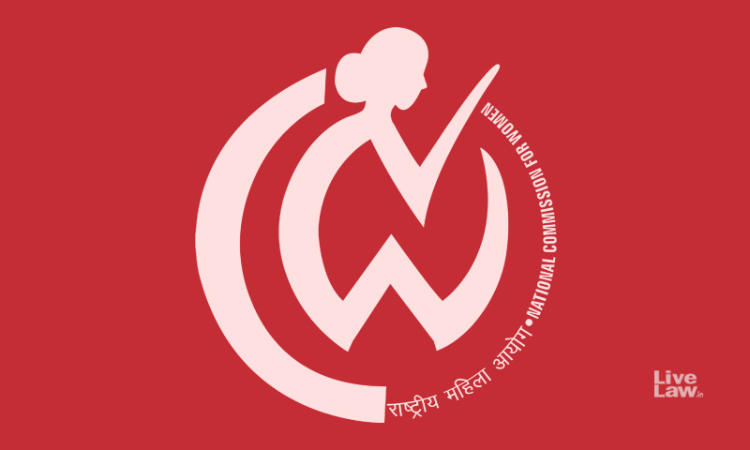National Commission for Women under section 9(2) of the National Commission for Women Act, 1990 (20 of 1990) has formulated "The National Commission for Women(Procedure)Regulations,2016". This procedure is laid down for appropriate and effective handling of complaints registered in the NRI Cell of the Commission as per the provisions of Sec 10(4) of the National Commission for Women...

